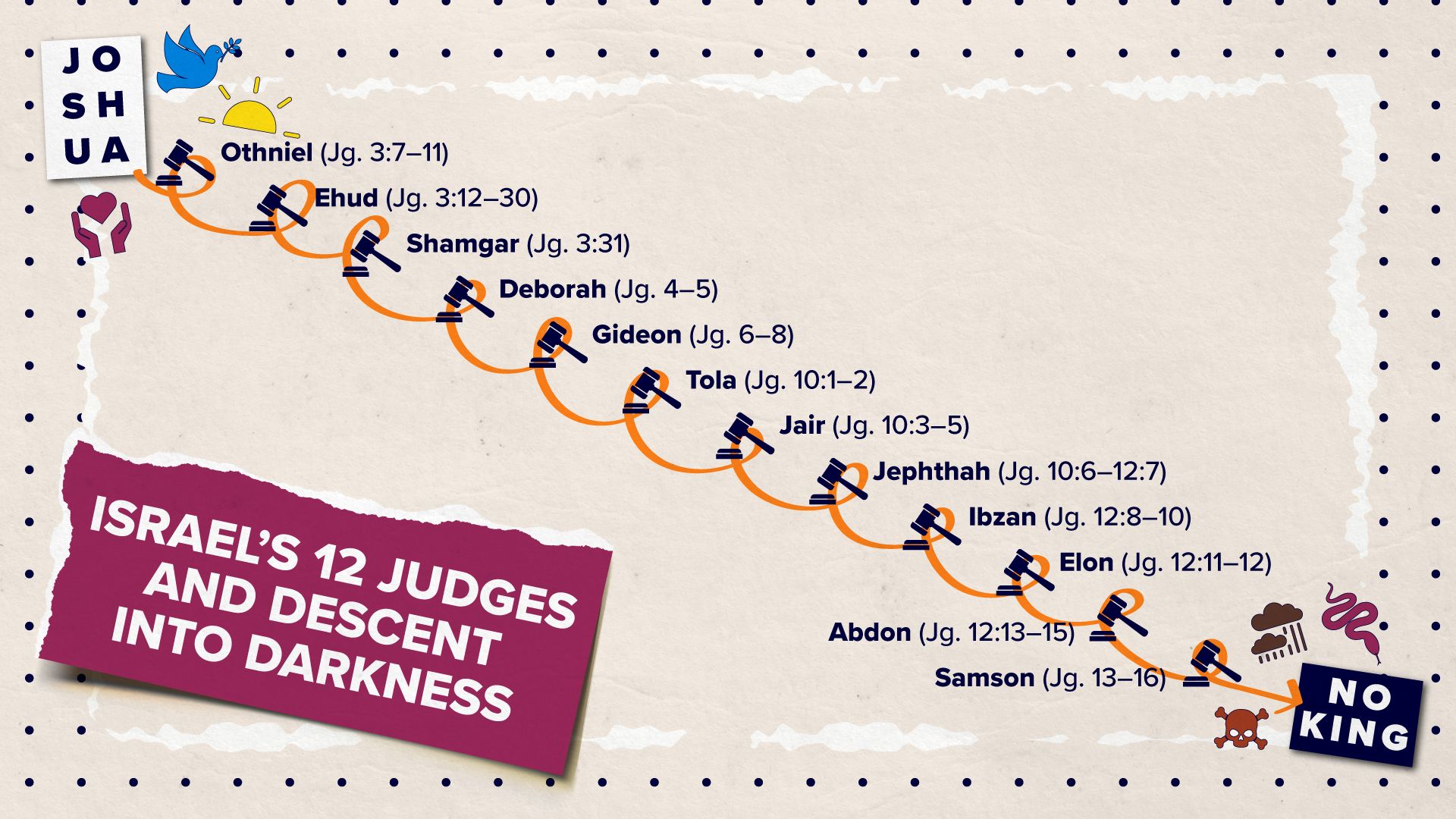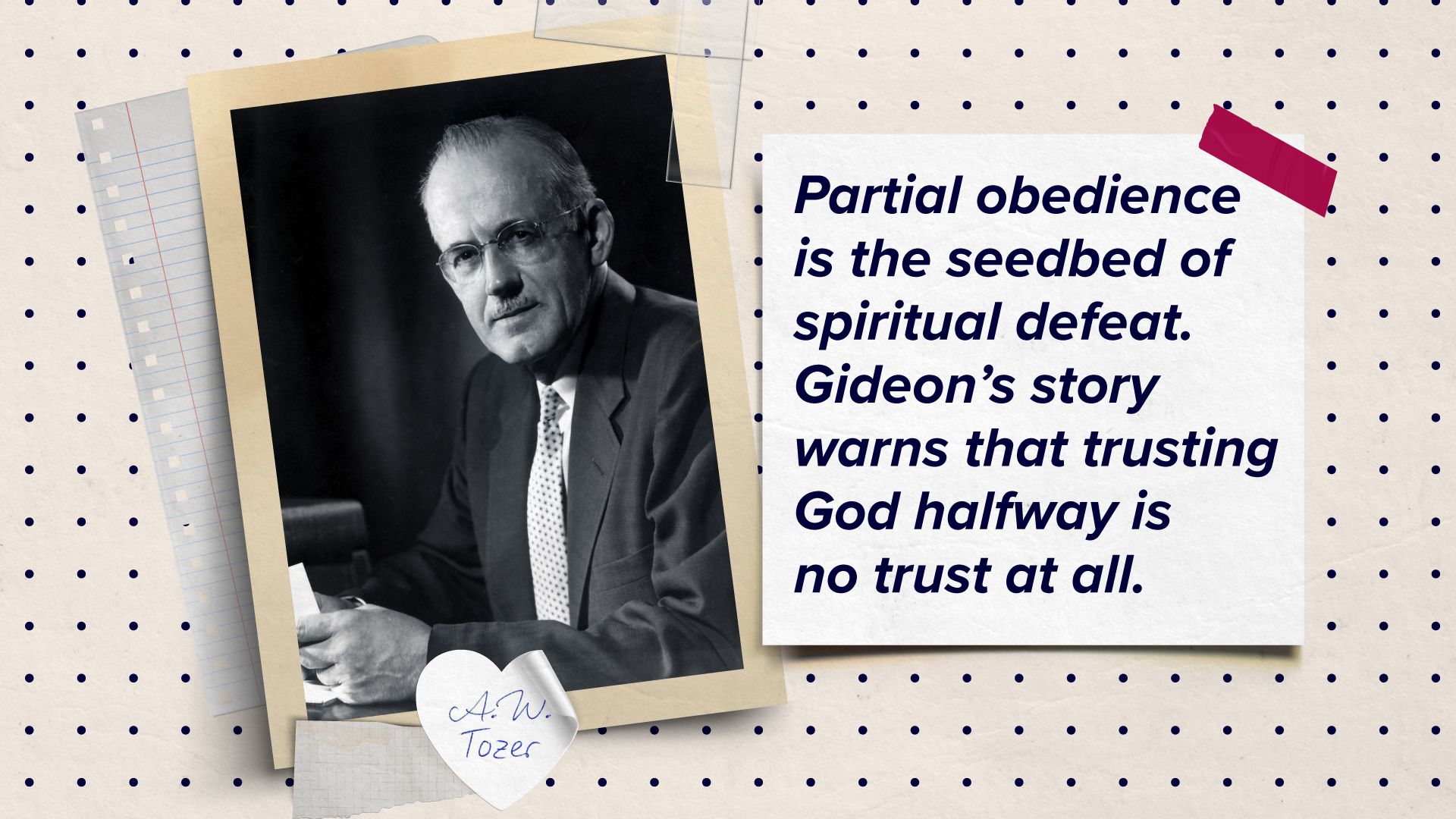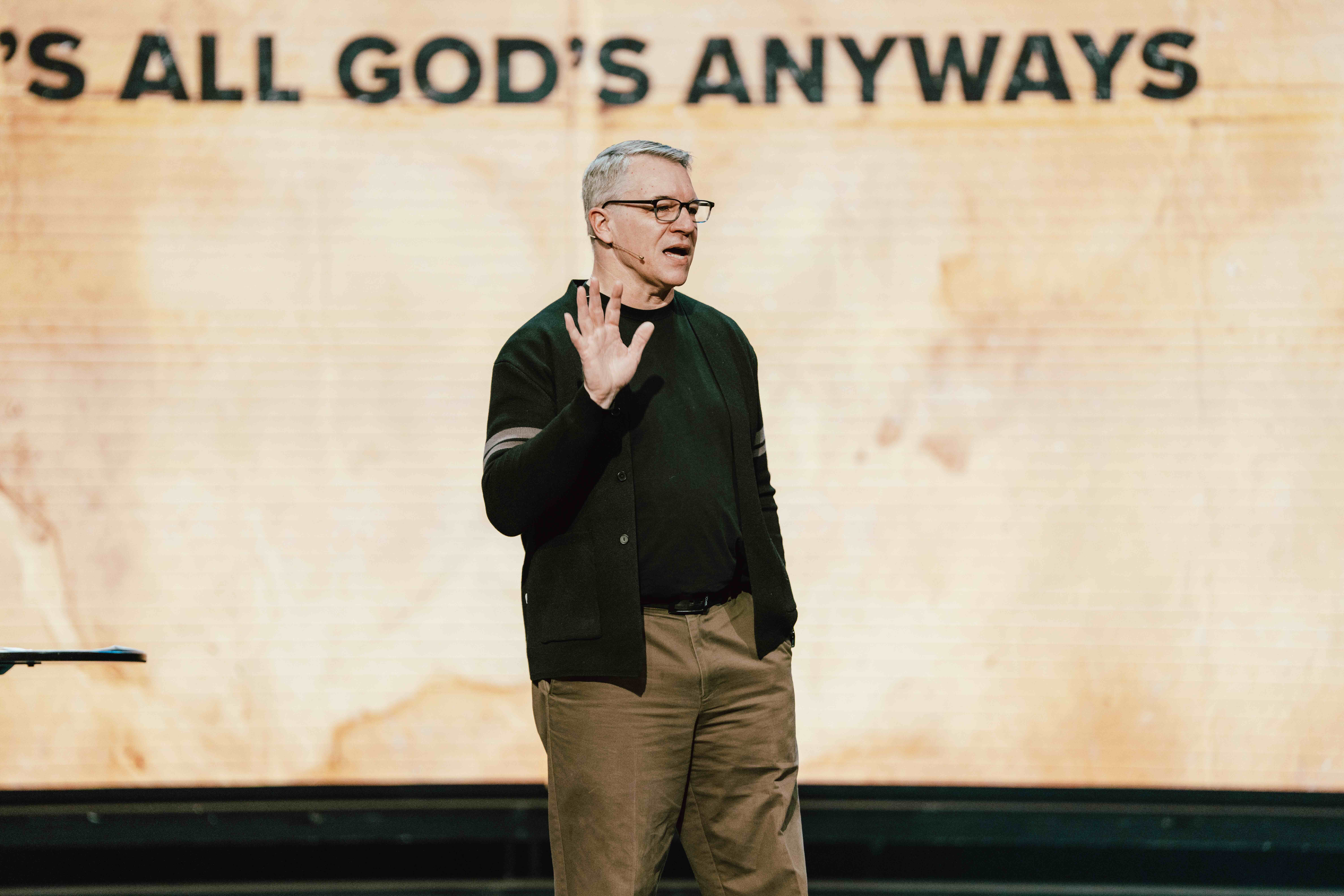Rescue, Relax, Rebel, Repent

It was Good Friday, April 14, 2017. The weather was perfect—sunny and 70 degrees. I had the day off, so my wife and I decided to work in the yard. I pulled out the mower for the first time that spring. It didn’t start easily. I remember pulling the cord until I felt dizzy—almost blacking out. Eventually it started, and I mowed about a third of the yard before quitting, thinking maybe I was just getting the flu. I sat in a chair in the driveway, watching my wife work, never mentioning my tight chest.
By Easter Sunday, I could barely make it up the stairs at church without feeling lightheaded. My left arm ached, but I kept it to myself. The next morning, I parked for work, walked about a hundred steps, and nearly passed out. That’s when it hit me: something must be wrong. I finally told my wife, and within hours, I was in the ER. The diagnosis? A heart attack. The “widow maker.” Ninety-five percent blockage.
Sitting in that hospital bed, I remember thinking, How did I get here? How did I not see this coming?
The truth is, I had seen warning signs for years—shortness of breath, dizziness, moments I brushed off as nothing. I kept telling myself I’d do better tomorrow: eat healthy, exercise, make small changes. But every time I relaxed, I slipped right back into my old habits.
That pattern almost cost me my life. And it’s not just a medical story—it’s a spiritual one too.
The same pattern shows up in the book of Judges.

Over and over, Israel goes through the same cycle: Rescue. Relax. Rebel. Repent.
They would turn from God, suffer the consequences, cry out for help, and God—in His mercy—would rescue them. But as soon as life was comfortable again, they’d relax. And before long, they’d fall right back into rebellion.
By the end of Judges, the nation was in chaos. Idolatry replaced worship. Violence replaced justice. Civil war tore the tribes apart. The book ends with this haunting line:
“In those days Israel had no king; everyone did as they saw fit.” (Judges 21:25)
How did it come to this? How did people who had seen God’s power drift so far?
The answer is the same reason I ended up in that hospital: ignoring the warning signs.
Take Gideon, one of the judges. God used him mightily to rescue Israel, but later Gideon relaxed. He partially obeyed God—tearing down one idol only to build another. Scripture says,
“Gideon made the gold into an ephod… and it became a snare to him and his family.” (Judges 8:27)
Pastor and author A.W. Tozer once said,
“Partial obedience is the seedbed of spiritual defeat. Gideon’s story warns that trusting God halfway is no trust at all.”

Gideon’s story, Israel’s story, and my own share the same truth: Partial obedience is just delayed disobedience.
It’s like saying, “Lord, I’ll forgive them—but not yet.”
“I’ll trust You with my finances—after I feel secure.”
“I’ll change—just not that part of my life.”
When we live like that, our hearts slowly harden. We drift. We justify. We tell ourselves we’re fine—until suddenly we’re not.
So if God’s flashing warning lights in your life, don’t wait. Don’t manage what He’s calling you to surrender. Don’t half-obey and call it faith.
The challenge: Pay attention to the signs. Lean fully into Jesus. Because partial obedience isn’t faith—it’s a slow fade toward failure. But full obedience? That’s where real freedom begins.
Message recap adapted from October 12, 2025, message by Minister Craig Walter
Download Our App
Grow in your faith and build daily habits using our app.





